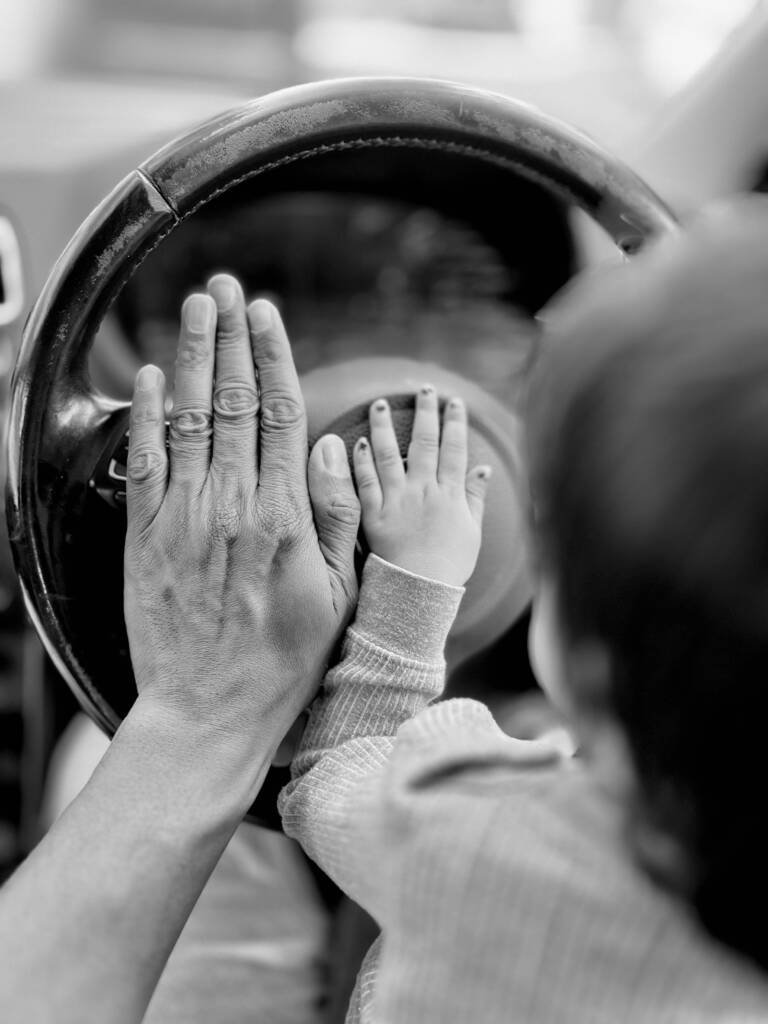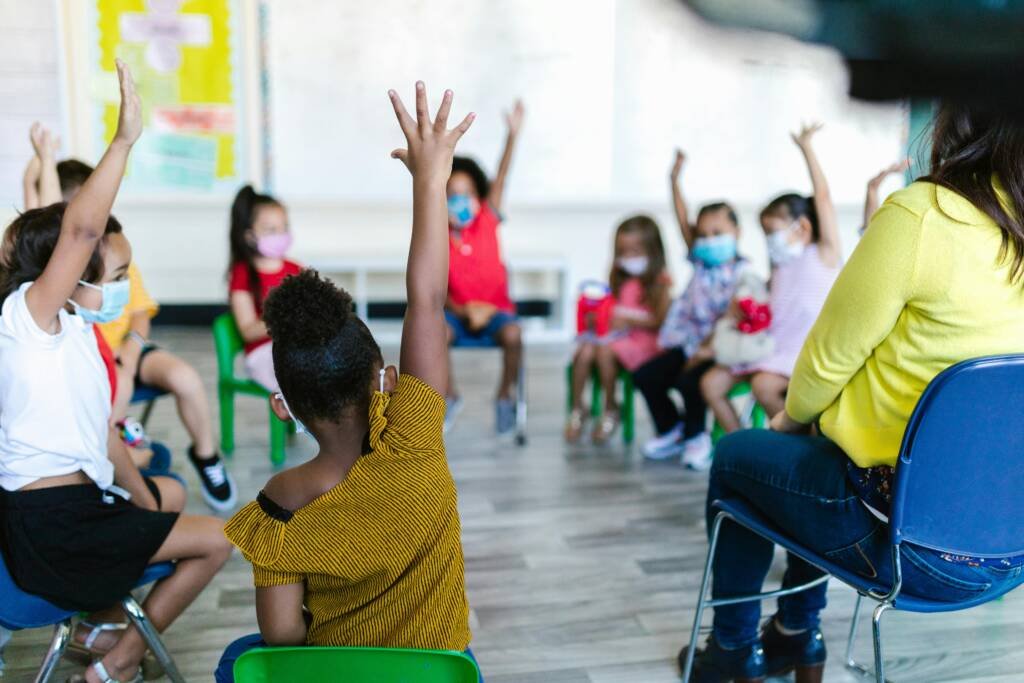Tools and Structures to Help Teachers Learn from Their Own Teaching Journeys
There comes a moment in every teacher’s journey — not amid applause, nor in the completion of a lesson — but in the quiet solitude of afterthought, when the question arises: “Did I truly touch a mind today? Did I speak to the soul?”
This moment is not incidental. It is sacred. It is here that teaching transforms into something more profound than instruction — it becomes a dialogue with the self. A journey inward to refine the journey outward. A deep pause in the rapid current of daily demands — to reflect, recalibrate, and realign with purpose.
In a time when education is being reimagined through the lens of skills, assessments, and outcomes, we must not forget the teacher — the anchor of this transformation. The modern educator is not merely a transmitter of knowledge; they are a cultivator of consciousness. And to cultivate others, one must first cultivate oneself.
This is where reflective practice becomes not just helpful — but essential.
Why Reflection Matters Now More Than Ever
Today’s classrooms are crucibles of complexity — interwoven with diverse learning needs, cultural contexts, emotional upheavals, and societal shifts. The National Education Policy (NEP) 2020 rightly calls for a move away from rote memorization towards experiential, competency-based learning. But such a paradigm shift demands more than policy; it requires profound inner work.
Reflection is the bridge between experience and wisdom. It allows educators to pause and ask:
-
What worked today — and why?
-
Where did I lose them — and how might I reclaim that connection?
-
Am I nurturing curiosity, compassion, and courage — or merely completing a syllabus?
Without a culture of reflective practice, professional development becomes performative, disconnected from the lived classroom reality. With it, every class becomes a mirror — a space where both teacher and student are learning, unlearning, and becoming.


The Pillars of a Reflective Practice Framework
To embed reflection into the rhythm of a teacher’s life, we must go beyond good intentions. We must offer structures — tools that support, not stifle; frameworks that breathe, not burden.
Here are key pillars that make reflection meaningful and sustainable:
-
Ritualized Time for Reflection
A reflective practice must be woven into the daily or weekly flow — not left to chance. This could be a 10-minute journaling session at the end of each day, a quiet pause after a difficult class, or a weekly community circle where teachers share and listen without judgment.
-
Reflective Prompts and Guiding Questions
Just as learners thrive on inquiry, so do teachers. Reflective prompts help structure thinking. Examples include:
-
What moment made me feel most alive in the classroom this week?
-
Where did I feel a disconnect, and what could be the root cause?
-
How did I integrate values, empathy, or cultural context into my lesson?
-
Peer Dialogue and Coaching Circles
Reflection need not be solitary. In fact, sharing reflections with trusted colleagues creates a culture of vulnerability and wisdom exchange. Peer circles, mentoring relationships, or even simple post-lesson conversations can catalyze deep insight and innovation.
-
Integration with Student Voice and Feedback
Reflective practice deepens when it includes learners’ voices. Inviting constructive feedback — not just on teaching techniques, but on how learners felt — adds layers of perspective and empathy. It reminds us that teaching is a relational art, not a one-way transaction.
-
Connection to Purpose and Identity
Reflection is not just about strategy; it is about soul. Teachers must return again and again to the question: Why did I choose this path? In remembering their own story, educators reconnect with their inner compass — and become more resilient, more intuitive, and more impactful.
Echoes from the Past, Light for the Present
Long before the words “teacher training” or “professional development” entered our lexicon, the ancient gurus of Bharat engaged in rigorous introspection. Teaching in gurukulas was not an act of instruction alone — it was tapasya, a sacred discipline. After every interaction, every lesson, teachers reflected deeply — not to evaluate, but to evolve.
The Upanishadic ideal of “Swadhyaya” — self-study — was not limited to scriptures. It was a life practice. To know the student, one must first know the self. To uplift another, one must walk the path within. This is not a poetic ideal — it is pedagogical wisdom of the highest order.
Today, as modern educators stand at the crossroads of change, we are called to reclaim this inner discipline — not in opposition to modern tools, but in harmony with them. Reflective journals can be digital or handwritten. Coaching conversations can be in person or online. What matters is intent — the sacred commitment to never stop growing, never stop learning.
From Reflection to Renewal
In a society that too often values output over insight, speed over substance, reflective practice is a quiet rebellion — a return to purpose. It offers educators the rare gift of seeing themselves anew — not as content deliverers, but as creators of possibility, custodians of culture, and companions in learning.
In the embrace of reflection, teachers rediscover themselves. Their classrooms transform from spaces of instruction to sanctuaries of transformation. And through their own conscious evolution, they model for learners what the NEP 2020 ultimately envisions — education as the art of becoming.
Let us then build not just reflective frameworks, but reflective cultures. Let us support our educators not just with training, but with time, trust, and tools for introspection. Let us remind them that their growth is not peripheral — it is the very heart of the educational renaissance we seek.
For when a teacher reflects with sincerity, the ripple touches generations.
And in that reflection, a nation awakens.
Let learning be not just what we do, but



